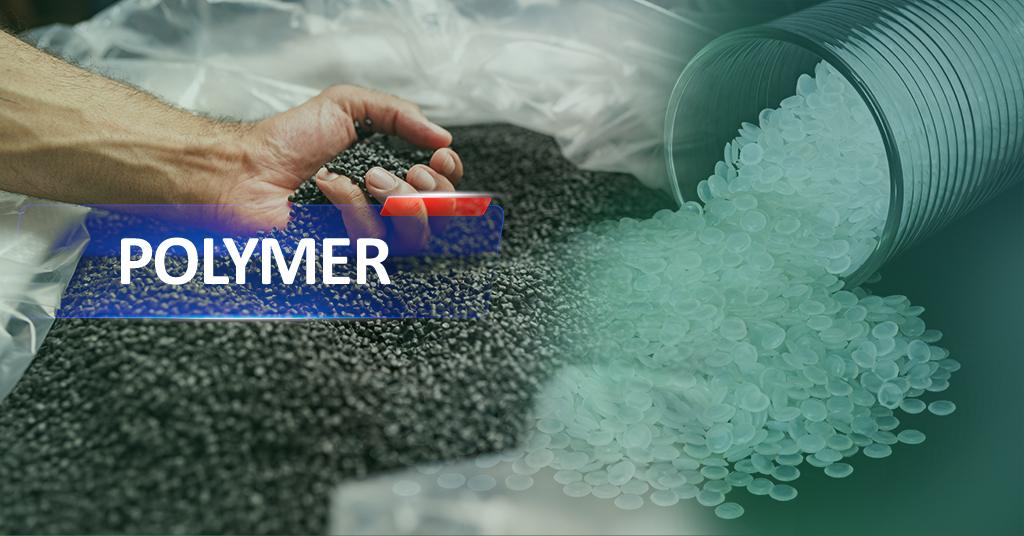Welcome To ChemAnalyst

In its polymer plant in Carling, France, TotalEnergies announces the construction of a new automotive high-performance Recycled Polypropylene production line.
Value-added compounds have been produced at TotalEnergies' France-based Carling–Saint-Avold petrochemical platform since 2016, primarily for the automotive industry. The platform's position as Europe's leading polymers site will be solidified by the launch of a new line for hybrid compounds (like Recycled Polypropylene).
The flexible line is expected to be operational in 2024 and produce 15,000 tonnes per year of polypropylene (PP) compounds made up of up to one hundred percent recycled plastic (Recycled Polypropylene). A component of the newly launched RE by TotalEnergies: the RE, or clic portfolio, more specifically: These low-carbon materials, obtained through mechanical recycling, meet the technical and quality standards needed for automotive applications. The line will contribute to developing a European circular economy by recycling wastes from after-consumer products and used automotive components.
"In the wake of multiplying limit at Synova, an auxiliary of TotalEnergies and the French forerunner in the creation of Recycled Polypropylene, this speculation further fortifies the organization's driving situation in high-esteem added recycled polymers," said Nathalie Brunelle, Senior Vice President, Polymers at TotalEnergies. He also said that this new line would enable the company to meet the growing demand from the automotive market for more efficient and sustainable polymers, which aligns with their goal of producing 30% circular polymers by 2030."
RE from TotalEnergies: Other products in the clic line include:
RE: build polymers by converting hard-to-recycle plastic waste into circular feedstock through an advanced [chemical] recycling process. Through ISCC PLUS certification, the recycled content of the finished polymers can be tracked throughout the manufacturing process. These polymers (like Recycled Polypropylene) are suitable for high-end, demanding applications, such as food-contact packaging, and share the same properties as novel polymers.
RE: bio-based products are the source of renewable polymers. These polymers, which are made from renewable feedstocks that have been approved by ISCC PLUS, maintain their original properties while significantly reducing the carbon footprint of finished goods.
The market for Recycled Polypropylene is performing modestly right now and could quickly recover if businesses like these keep using this product for production. The market for Recycled Polypropylene was expanding until September 2022, but it began to decline in October due to several factors, including concerns about the power supply, oversupply, and rising natural gas prices, among others.
The price of Recycled Polypropylene in Europe currently ranges from approximately USD 2,100 to 2,150 per MT. If businesses increase their use of Recycled Polypropylene in the production of their end products, prices could rise, and the market would rebound.
We use cookies to deliver the best possible experience on our website. To learn more, visit our Privacy Policy. By continuing to use this site or by closing this box, you consent to our use of cookies. More info.
